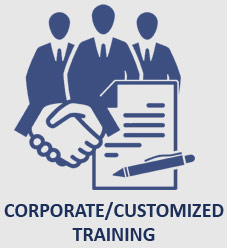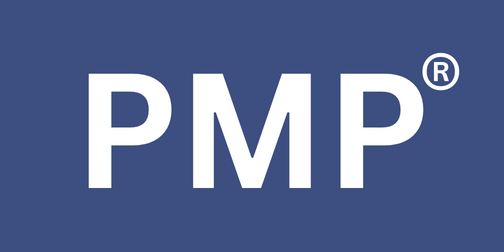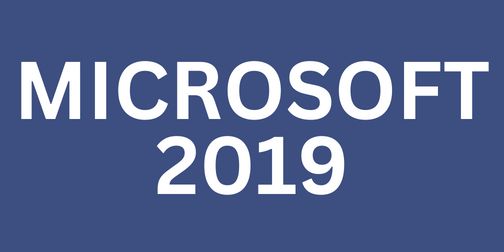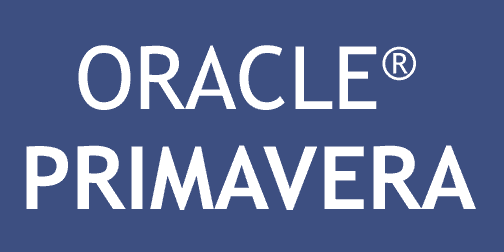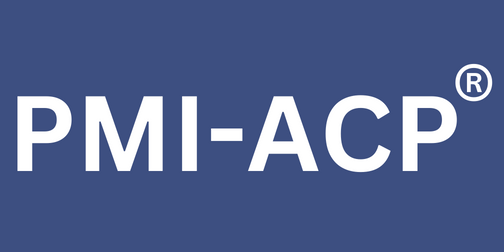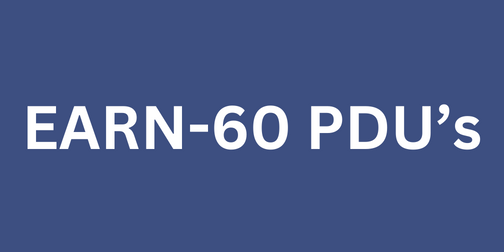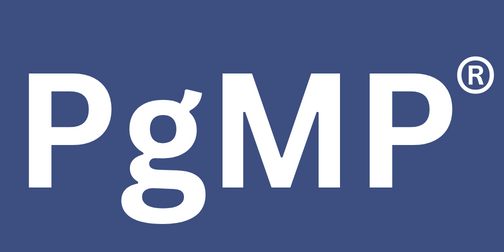Portfolio Management Professional (PfMP)
Introduction to PfMP
PfMP, or Portfolio Management Professional, is a credential offered by the Project Management Institute (PMI). This prestigious certification recognizes professionals who possess the expertise and competence to manage and align a portfolio of projects and programs to realize organizational objectives and strategies. It represents a significant benchmark in the career of any portfolio manager, demonstrating advanced proficiency in portfolio management practices.
Why Choose PfMP?
1. Recognition: PfMP is a globally recognized certification. Holding a PfMP designation signifies you as a leader in portfolio management.
2. Competitive Edge: The certification sets you apart in the competitive market. It’s evidence of your advanced knowledge and skillset in portfolio management.
3. Higher Earning Potential: PfMP credential holders often command higher salaries
1. Recognition: PfMP is a globally recognized certification. Holding a PfMP designation signifies you as a leader in portfolio management.
2. Competitive Edge: The certification sets you apart than non-certified counterparts.
4. Professional Growth: PfMP fosters a deep understanding of strategic objectives and how a portfolio can be managed to achieve those objectives. This knowledge can propel your career forward.
5. Endorsement by PMI: PMI is a globally recognized institution. Having a certification from PMI is a testament to your dedication and competence in the field.
Benefits of PfMP
1. Strategic Alignment: Enables organizations to ensure that projects and programs are aligned with overall corporate strategy and objectives.
2. Optimized Portfolio Performance: By focusing on the right projects and programs, organizations can ensure they are investing in areas that offer the best return on investment.
3. Enhanced Decision Making: With the expertise and framework offered by the PfMP, decision-makers can more effectively prioritize projects and programs.
4. Resource Utilization: Ensures optimal allocation of resources across projects and programs to maximize efficiency and returns.
5. Risk Management: PfMP equips professionals with tools and techniques to anticipate, identify, and mitigate potential portfolio risks.
Course Attributes
1. Comprehensive Curriculum: Covers a wide spectrum of portfolio management topics, from strategic alignment to risk management.
2. Interactive Learning: Engaging case studies, interactive sessions, and real-world examples.
3. PMI Approved: The course follows the standards set by PMI, ensuring you get the best possible training.
4. Expert Trainers: Learn from seasoned professionals with years of experience in portfolio management.
5. Practical Application: Not just theory – the course focuses on the practical application of portfolio management concepts.
Program Outline
The Program Management Professional (PfMP)® is a credential offered by PMI® that certifies individuals in the centralized management of one or more projects. Below is a comprehensive outline of a typical PgMP Certification program:
PfMP Certification Course Outline:
Certainly! Here's a PfMP (Portfolio Management Professional) Certification course outline:
1. Introduction to Portfolio Management
- Definition of a Portfolio
- Differences between Project, Program, and Portfolio Management
- Strategic Alignment and Portfolio Management
2. The Role of the Portfolio Manager
- Responsibilities and Required Skillset
- Interactions with Organizational Governance
3. Portfolio Strategic Management
- Alignment with Organizational Objectives
- Portfolio Governance and Decision Making
- Strategic Planning Process
4. Portfolio Performance Management
- Key Performance Indicators (KPIs)
- Benefits Management and Realization
- Stakeholder Engagement and Communication
5. Portfolio Risk Management
- Portfolio Risk Process
- Risk Identification, Analysis, and Responses
- Risk Monitoring and Control
6. Portfolio Communication Management
- Portfolio Reporting
- Communication Strategies with Stakeholders
- Tools and Techniques for Effective Communication
7. Portfolio Governance
- Governance Framework and Organizational Structure
- Decision-making Processes
- Portfolio Oversight and Control
8. Portfolio Life Cycle and Portfolio Management Process
- Portfolio Management Process Groups
- Key Components of the Portfolio Life Cycle
- Defining, Reviewing, and Prioritizing Components
9. Stakeholder Engagement
- Identifying and Analyzing Stakeholders
- Stakeholder Influence and Impact
- Engagement Techniques and Strategies
10. Portfolio Resource Management
- Resource Planning and Allocation
- Capacity and Capability Planning
- Resource Balancing Across the Portfolio
11. Tools and Techniques for Portfolio Management
- Portfolio Management Software Tools
- Techniques for Prioritization, Selection, and Optimization
- Portfolio Dashboards and Reporting Tools
12. Ethics and Professional Conduct in Portfolio Management
- PMI® Code of Ethics and Professional Conduct
- Role of Ethics in Portfolio Decisions
13. PfMP Examination Tips and Guidance
- Study Tips and Techniques
- Exam Content and Structure
- Mock Tests and Practice Questions
14. Practical Application
- Case Studies in Portfolio Management
- Group Discussions and Interactive Exercises
- Real-world Examples and Scenarios
This outline provides a comprehensive overview of the PfMP Certification course, ensuring participants are well-prepared to succeed in the PfMP exam and apply portfolio management best practices in their organizations.
- Makes you aware of the Best Practices in Project Management
- Shows your commitment to the project management profession
- Acts as a Qualification/ Disqualification Criteria for Top paying Project Management Jobs
- Recognizes your knowledge, skills, and abilities globally
- This leads to career opportunities and advancement
- Leads to Better Earning – PMP® Certified Project Staff earn up to 30% more than Non-Certified Staff
- Contribute towards Enhancing/ Improving organizational project management processes.
- Meet Qualifying Criteria
- Undertake Formal Project Management Training
- 35 Contact Hours of Education
- Become PMI® Member
- Apply for PMP® Certification
- Schedule Exam at Pearson VUE centers
- Appear for the exam
- Pass the Exam
- Start working towards continuous professional development
- Assess Participant's Profile
- Provide a Road Map for PMP® Certification
- Share Details about Costs associated with the PMP® Exam
- Provide Options to attend 35 Hours Training via
- Live Learning
- E-Learning - Query Handling Facility over E-mail
- PMP® Exam Mock Tests
- Customer Support over E-mail for
- PMI® Membership
- PMP® Application Submission
- Exam Booking
 Certification Benefits
Certification Benefits
 How to become PfMP ?
How to become PfMP ?
 What can we do for you?
What can we do for you?
>











